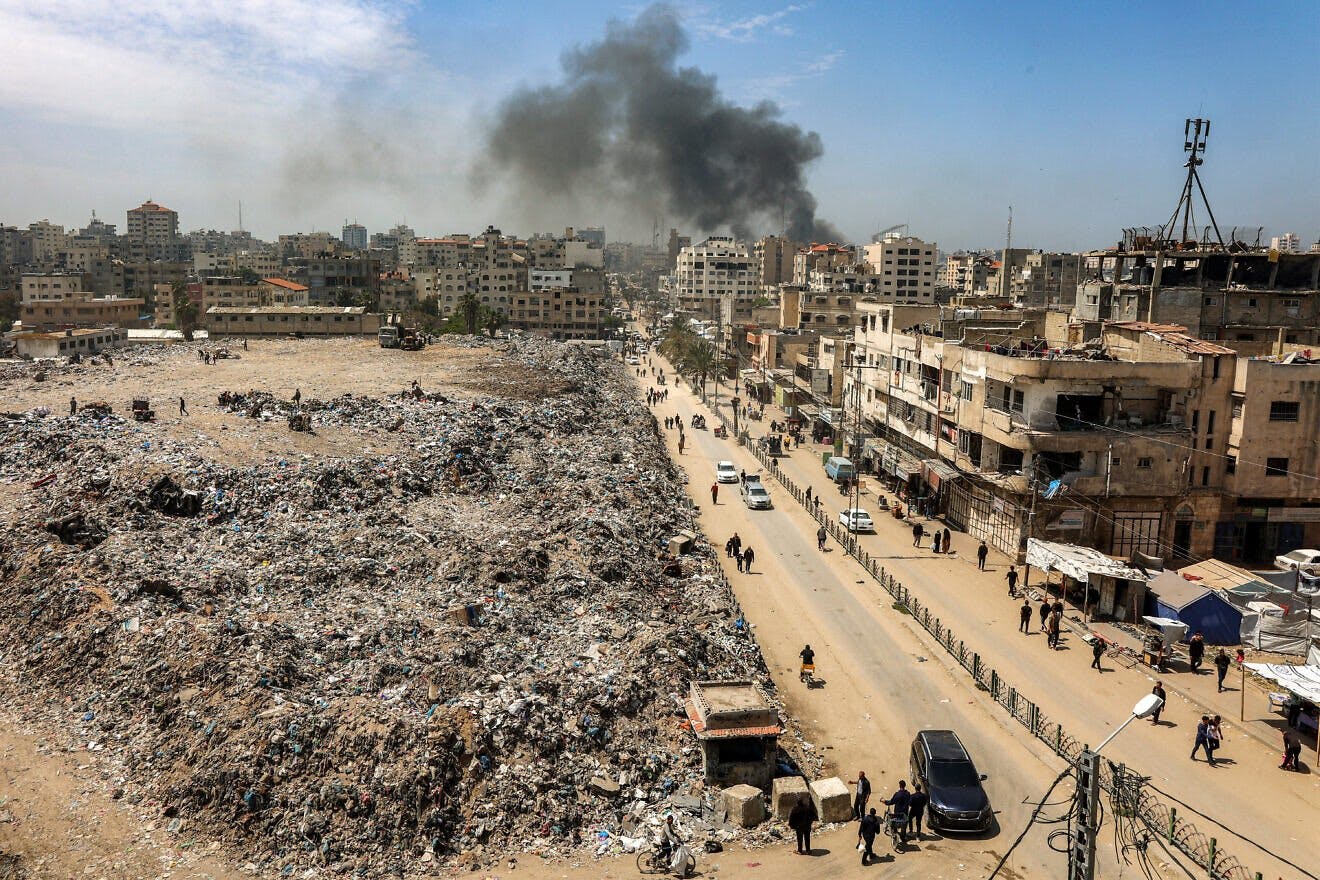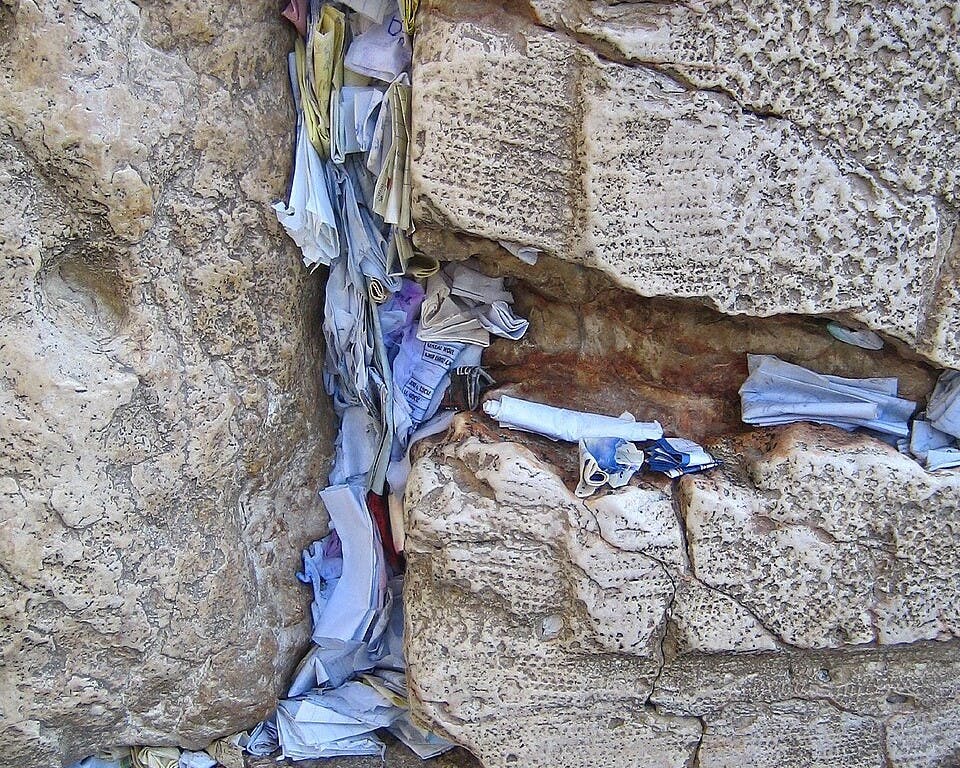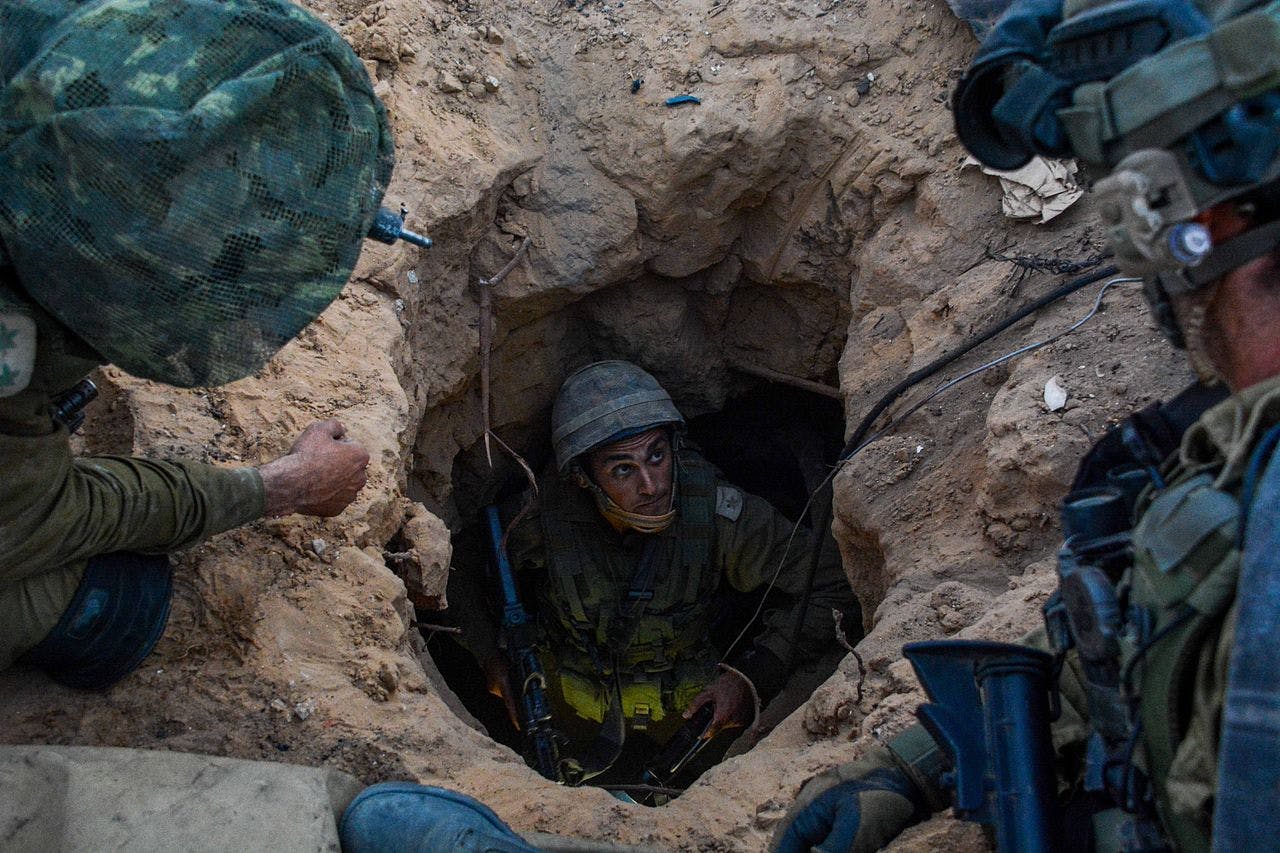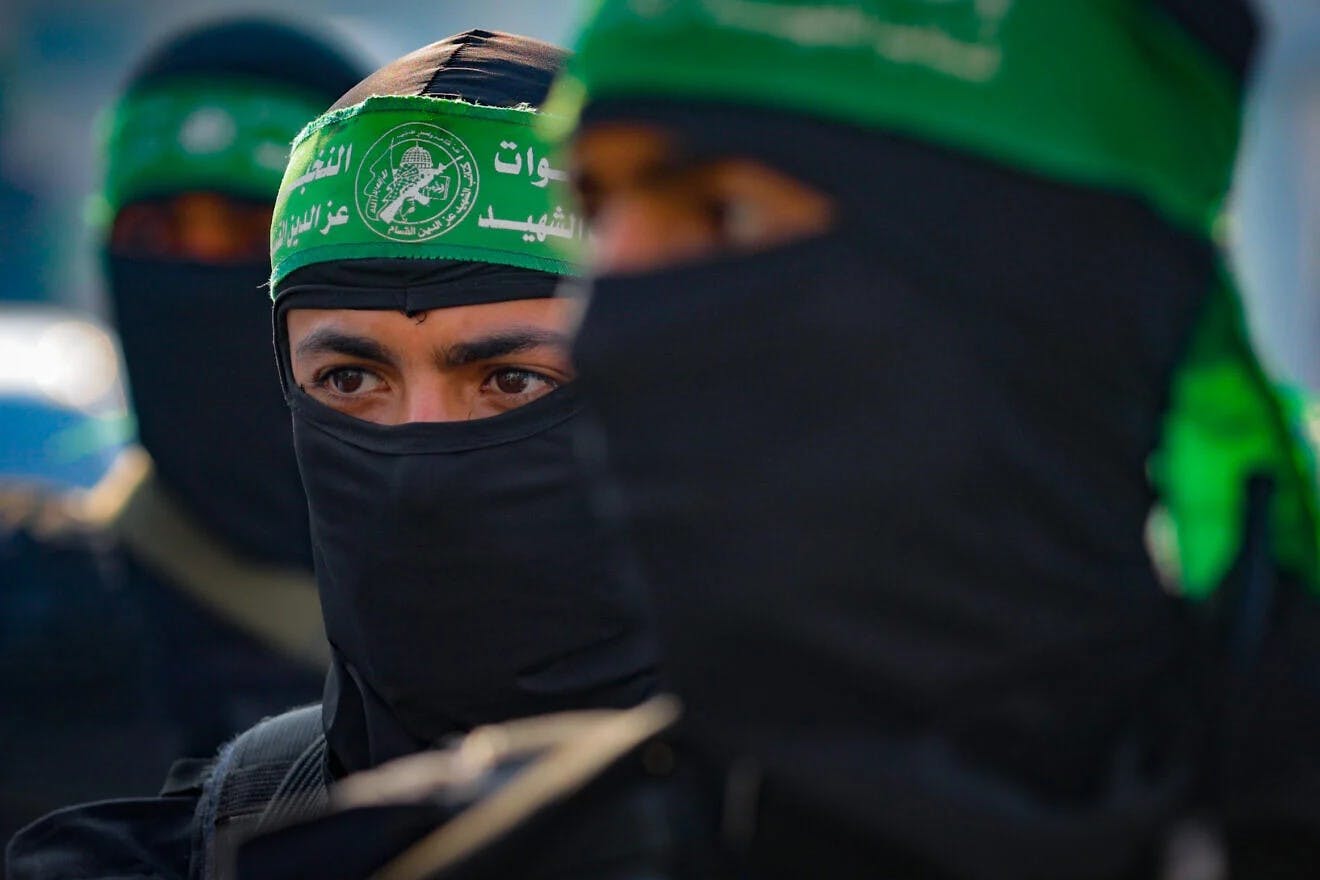Jordan Crackdown on Iran-backed Palestinian Terror Cell Highlights Regional Tensions
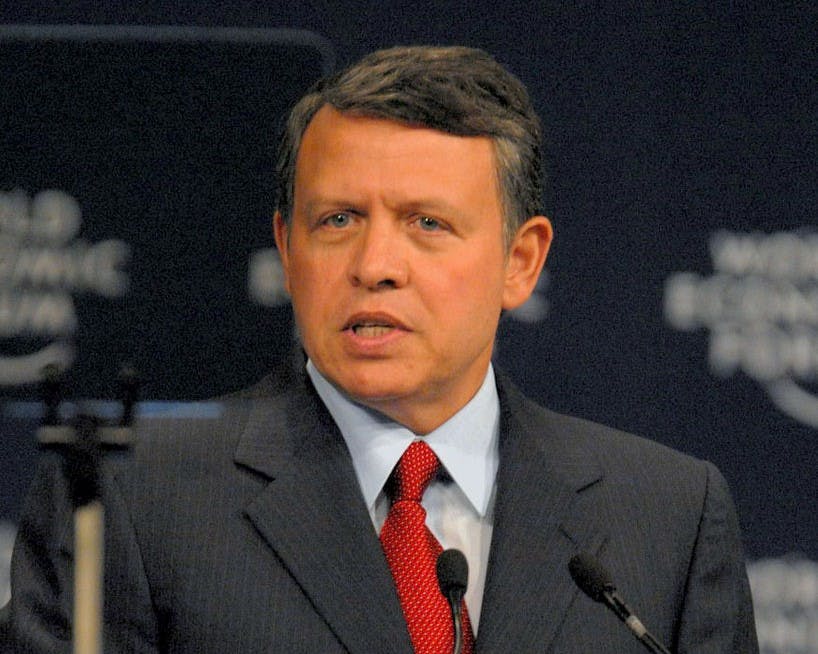

Tuesday, 22 April 2025 | Jordanian security forces this week surprised many by suddenly arresting Khaled al‑Juhani, secretary‑general of the Islamic Labor Party tied to the Muslim Brotherhood. No reasons were given at the time.
A day later, Information Minister Mohammad al‑Muamini revealed at a news briefing that investigators suspect al‑Juhani of channeling money from overseas Brotherhood operatives to 16 Jordanians accused of plotting attacks inside the kingdom. Those suspects are said to belong to four clandestine terror cells that allegedly manufactured rockets and unmanned aerial vehicles in southern Lebanon before storing them in two underground depots in the city of Zarqa.
Defense attorney Abd al‑Kader Khatib, representing two of the detainees, says his clients intended only to smuggle arms to Palestinians in the West Bank [Judea and Samaria] “against the Zionist enemy” and denied any plan to threaten public safety in Jordan. Still, the State Security Court in Amman is already gearing up for their trial, even as government ministers, opposition parliamentarians and other public figures call to ban the Islamic Labor Party, strip it of its seats and declare it a terrorist organization.
Western intelligence agencies, working closely with Jordan’s General Intelligence Directorate, spent months tracking the four cells in complete secrecy. The suspects were arrested three months ago, interrogated and held in solitary confinement that Khatib calls “unprecedented cruelty.”
Jordanian officials finger Iran as the mastermind behind the scheme, saying Tehran recruited, funded and armed the cells. Interrogators learned that one suspect traveled abroad to collect tens of thousands of dollars sent from Iran for weapons purchases. Jordan’s spymasters have warned their Western counterparts that Iran is bent on destabilizing the kingdom, overthrowing King Abdullah II and targeting senior officials and ordinary citizens alike.
Despite a diplomatic chill between Amman and Jerusalem—King Abdullah and Prime Minister Benjamin Netanyahu have not spoken in more than two years—Jordan’s intelligence service and Israel’s Mossad [national intelligence agency] maintain robust working ties.
Sensitive reports flow regularly between the two agencies for review at the highest levels. Jordan’s attorney general, Col. Ahmed Talaat, has hinted that more arrests are on the way.
In recent days, King Abdullah II called Lebanese President Joseph Aoun to press for cooperation against terror training camps in southern Lebanon. And on a surprise trip to Damascus, Foreign Minister Ayman Safadi warned Syrian President Ahmad al‑Sharaa of “unusual Iranian activity” in Syria, including plans to host and train Jordanian terror‑cell members.
(This article was originally published by Ynetnews on April 18, 2025. Time-related language has been modified to reflect our republication today. See original article at this link.)
https://www.ynetnews.com/article/rj69edjygg#autoplay
Photo License: wikimedia.
